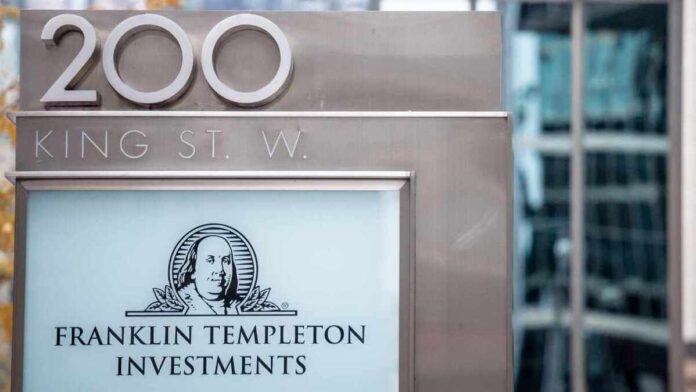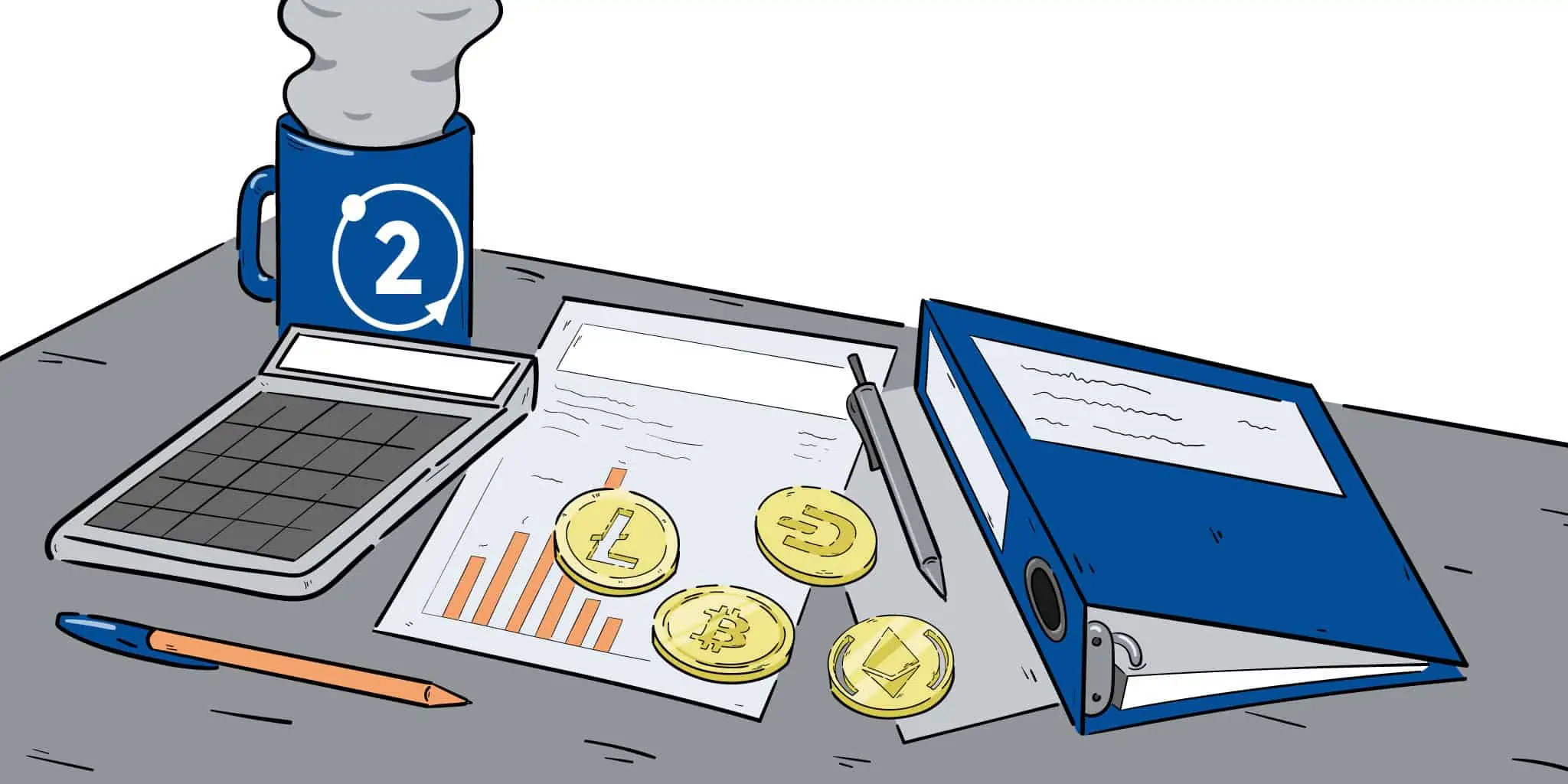
Franklin Templeton has launched the Franklin OnChain US Government Money Fund in Luxembourg, a tokenized fund available on the Stellar network. The initiative seeks to improve the transparency and security of traditional investment funds, as well as allowing the purchase of fractional shares to attract more investors.
Franklin Templeton's new tokenized money market fund, registered in Luxembourg and operated on the Stellar blockchain, is a European extension of its US counterpart FOBXX, launched in 2021.
The fund invests in U.S. government securities and uses blockchain technology to record transactions and ownership of shares, represented as digital tokens.
With the launch of this fund, the firm seeks to solve historical challenges in the industry, such as slow settlements and opaque records, while offering institutional investors access to fractional stakes. The move comes as Luxembourg fine-tunes its legal framework for digital assets, positioning itself as a financial hub in Europe.
GO TO BIT2ME CARDA bridge between traditional finance and blockchain
Franklin Templeton’s new tokenized fund replicates the model of FOBXX, which has accumulated $2021 million in assets under management since 594. However, its registration in Luxembourg makes it the first fully tokenized UCITS SICAV product – a European standard for investment funds – in that jurisdiction. According to regulatory documents, the fund will initially be available to institutional investors in eight countries: France, Germany, Austria, Italy, Netherlands, Spain, Switzerland and Liechtenstein.
The architecture of the background uses the Stellar blockchain, chosen for its ability to process transactions in less than five seconds with costs of less than $0,01. Unlike traditional funds, where ownership records are updated daily, this technology allows for real-time verification of transactions.
Roger Bayston, head of digital assets at Franklin Templeton, has featured that integration with blockchain technology eliminates the need for intermediaries such as clearinghouses, reducing errors and delays. On the other hand, he pointed out that the fund is part of a broad strategy of the asset manager to expand its offering of tokenized products. In February 2025, its US version expanded to networks such as Solana y Ethereum, achieving an annual yield of 4,55%.
LINK CARD AND EARNFranklin Templeton offers transparency and fractionation thanks to blockchain
In addition to speeding up transactions, Franklin Templeton stresses that tokenization on the blockchain ensures a immutable and verifiable record of each operation. Each stake is issued as a token, equivalent to a share in the fund, and investors can track its history in Stellar using tools such as browsers or block explorers. The transparency offered by blockchain technology is in stark contrast to centralized systems, where reconciliation errors between custodians and issuers have been a recurring problem.
But perhaps the most disruptive innovation of the implementation of this technology in monetary funds is the possibility of acquire fractions of sharesWhile traditional money market funds typically require minimum investments of thousands of dollars, this tokenized product allows the purchase of tokens with nominal values of less than $1. For market analysts and experts, this democratizes access to instruments previously reserved for large institutions.
In addition, Luxembourg, with its proactive regulation of investment funds, offers tax advantages that could attract family businesses and individual assets.

Course on Taxation of Bitcoin and other Cryptocurrencies in Spain (only in Spanish)
Medium levelLearn from experts in the Tax area all the details about the taxation of cryptocurrencies in Spain.
A laboratory for tokenization in Europe
The launch of this new tokenized money market fund coincides with the legal reforms Luxembourg is implementing to facilitate accessibility to digital assets. In 2024, the country updated its financial markets law, recognizing tokens as a legitimate way to represent assets. This regulation allows asset managers like Franklin Templeton to operate under the supervision of the Commission de Surveillance du Secteur Financier (CSSF) without requiring additional licenses.
This legal framework has also proved attractive for companies looking to scale blockchain products. In 2023, BBVA Asset Management carried out a similar pilot, while startups such as Spiko already offer tokenized UCITS funds for retailers.
Despite its advantages, some European regulators remain skeptical. For example, the European Central Bank has warned of financial risks of tokenized assets, although it has also backed their potential to streamline markets.
PREPARE YOUR WALLETTowards the integration of blockchain into traditional finance
The Franklin OnChain US Government Money Fund marks a further step in the integration of blockchain technology into traditional finance. By combining the security of government securities with the efficiency of Stellar, Franklin Templeton is not only modernizing fund management, but exploring new models to lower the barriers to entry into this market.
Finally, Luxembourg, with its innovative approach, is establishing itself as fertile ground for such projects. Although regulatory and operational challenges persist, the tokenization of real assets (RWA) continues to gain momentum. According to Security Token Market, this market could exceed $30 trillion by 2030, suggesting a future where funds like Franklin Templeton’s could become the norm, rather than the exception.
BUY STELLARInvesting in cryptoassets is not fully regulated, may not be suitable for retail investors due to high volatility and there is a risk of losing all invested amounts.


